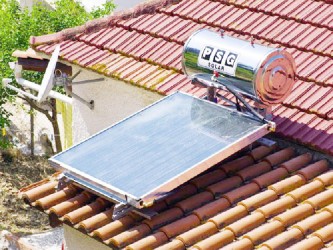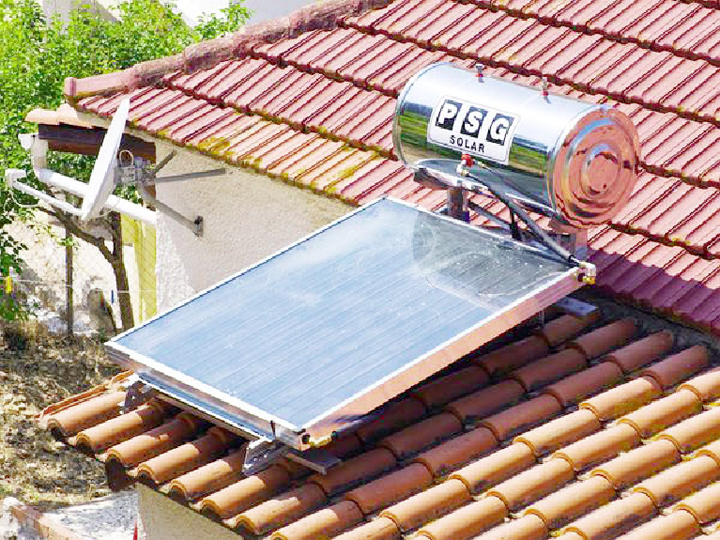Counterproductive energy and water management practices in the Caribbean are not only relentlessly driving up the cost of fuel in individual regional economies but also institutionalising environmentally harmful practices in the region, according to the International Finance Corporation (IFC), a member of the World Bank Group and the single largest development institution focused exclusively on the private sector.

At a March forum in Kingston, Jamaica to discuss sustainable energy finance opportunities in the region, an IFC market analysis disclosed that energy demand in the region associated with its development path was likely to double by 2027. In circumstances where the region shows no significant signs of easing it dependence on fossil fuels, it faces the considerable danger of exacerbating pollution and other environmental impacts, while diverting significant resources from Caribbean economies.
Similar counterproductive practices exist in the management of water with between 25 and 65 per cent of treated water being lost

